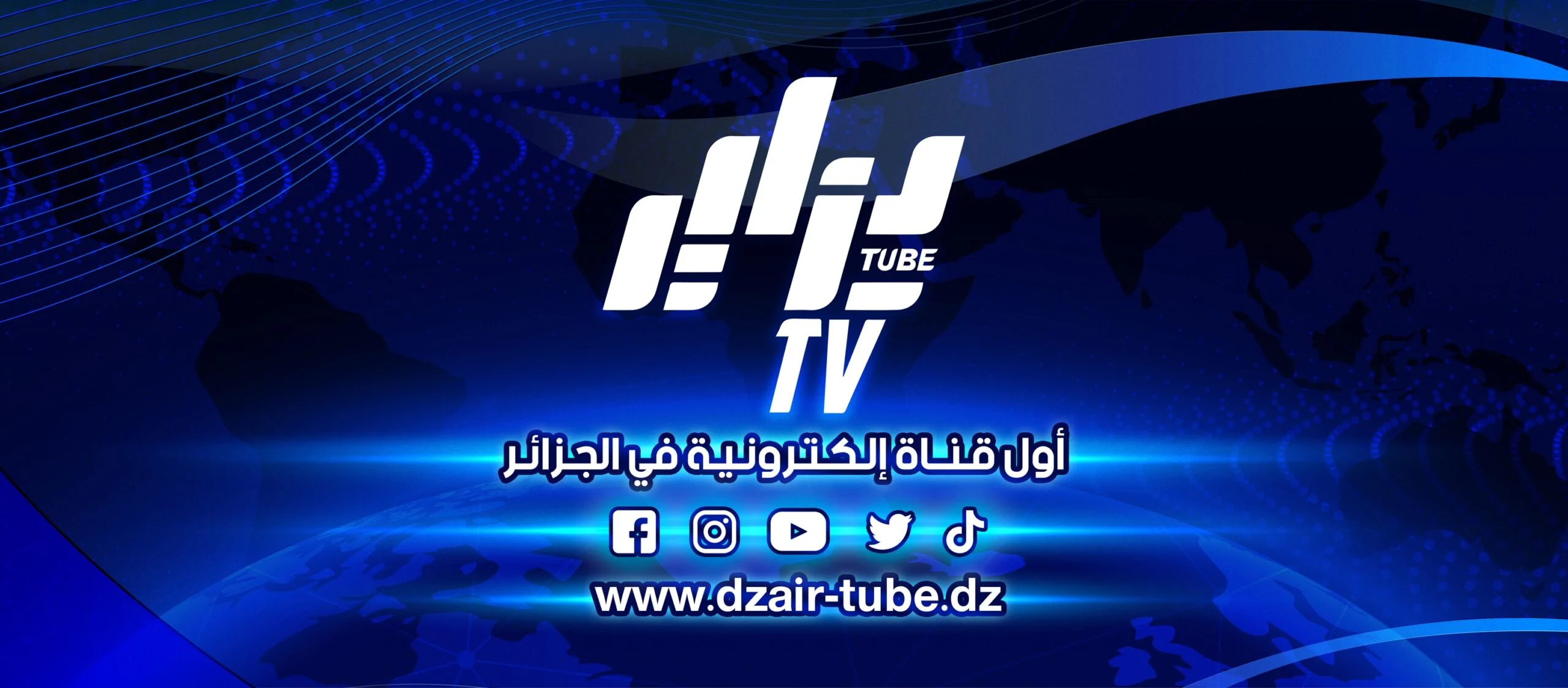Algeria Lifts Reservation on CEDAW Article 15.4: An Unavoidable Step Towards Legal and Political Coherence
✍️ BY: Dr. Hana Saada
Algiers, Algeria | Algeria’s decision to lift its reservation on Article 15, paragraph 4 of the Convention on the Elimination of All Forms of Discrimination against Women (CEDAW) has triggered a spectrum of reactions, oscillating between endorsement and skepticism. Yet, when examined through the prism of legal consistency and political pragmatism, this move appears less a matter of choice than of inevitability.
From Legal Constraint to Redundancy
When Algeria ratified CEDAW in 1996, it did so with explicit reservations against provisions deemed incompatible with the Family Code and the Nationality Law. Chief among these was Article 15.4, which guarantees equal rights for men and women in determining their domicile and residence—a direct contradiction, at the time, with Article 37 of the Family Code.
The context, however, has since evolved. In 2005, Article 37 was abrogated. That same year, amendments to the Nationality Law enabled Algerian mothers to pass their nationality to their children, leading to the removal of Algeria’s reservation on that front. By retaining a reservation on Article 15.4 despite the disappearance of its domestic basis, Algeria was effectively preserving a legal phantom—a position increasingly untenable both at home and abroad.
A Technical Adjustment with Political Resonance
Official sources, cited by APS, characterize the lifting of the reservation as a “technical adjustment” rather than a substantive legal reform. Indeed, the decision does not alter Algeria’s current legislative framework, since no restrictive provisions on women’s freedom of residence or movement remain in force.
Yet, the political resonance is undeniable. Maintaining the reservation had become a rhetorical weapon in the hands of critics, who accused Algeria of clinging to discriminatory practices. By eliminating it, Algeria not only reaffirms the compatibility of its domestic law with international commitments but also shields itself against narratives portraying it as resistant to gender equality.
Between Sovereignty and Compliance
This step illustrates Algeria’s longstanding doctrine of prior harmonization: national law is aligned first, international commitments second. Unlike states that ratify treaties and then scramble to adapt, Algeria proceeds with legal consolidation before adjusting its international stance. This sequencing underscores the state’s insistence on sovereignty in legislative reform, while simultaneously projecting credibility in the international arena.
Beyond Symbolism
The decision’s critics argue that without broader reforms to the Family Code, Algeria remains far from achieving full gender parity. Supporters counter that removing outdated reservations is not trivial—it is a strategic clarification, dismantling claims of institutional discrimination and reinforcing Algeria’s evolving identity as a state navigating between tradition and universality.
Ultimately, the lifting of the reservation on Article 15.4 is not a rupture but a logical culmination: it closes a legal contradiction, consolidates Algeria’s international standing, and neutralizes external critiques.
The Inevitable Conclusion
In light of the abrogation of the contested Family Code provision nearly two decades ago, the reservation had become an anomaly—more symbolic of inertia than of principle. Its removal was, therefore, unavoidable. The real question now is whether Algeria will continue along this path of measured reform, extending the same logic to other areas of law where debates over equality remain more contentious and politically charged.

📡🌍 | About Dzair Tube Media Group | 🌍📡
━━━━━━━━━━━━━━━━━━━━━━━━━━━━━━━
📰 Dzair Tube is a trailblazer in Algerian digital journalism, delivering high-quality content in Arabic, French, and English. With more than 📈 500,000 daily clicks, it ranks among the most influential media platforms in the country.
🏆 Awarded the President of the Republic’s Prize for Professional Journalist in the Electronic Press category (🗓 October 22, 2022), Dzair Tube is widely recognized for its editorial excellence and integrity.
📱 Massive Digital Reach:
🔴 350,000+ YouTube subscribers
🔵 6 million+ followers across Facebook pages
📸 450,000+ Instagram followers
🎥 Operating from state-of-the-art studios, Dzair Tube broadcasts rich and diverse programming, including:
🗞 News | ⚽ Sports | 🎭 Entertainment | 🕌 Religion | 🎨 Culture
🗣️ Featuring interactive talk shows and exclusive interviews with prominent figures from politics, business, arts, and more, Dzair Tube serves as a key platform for public discourse and civic engagement.
📰 Its print sports daily, “Dzair Sport,” enjoys over 50,000 daily downloads via the official website—further cementing the platform’s multimedia leadership.
🎖️ Honored with the Media Leadership Award by the former Minister of Communication, Mohamed Laâgab, and celebrated at the Hilals of the Television awards, Dzair Tube continues to lead with innovation, influence, and impact.
━━━━━━━━━━━━━━━━━━━━━━━━━━━━━━━
🌐 Stay Connected:
🔗 Website: www.dzair-tube.dz
🔗 English: www.dzair-tube.dz/en
📲 Follow us on Facebook | Instagram | YouTube
━━━━━━━━━━━━━━━━━━━━━━━━━━━━━━━




